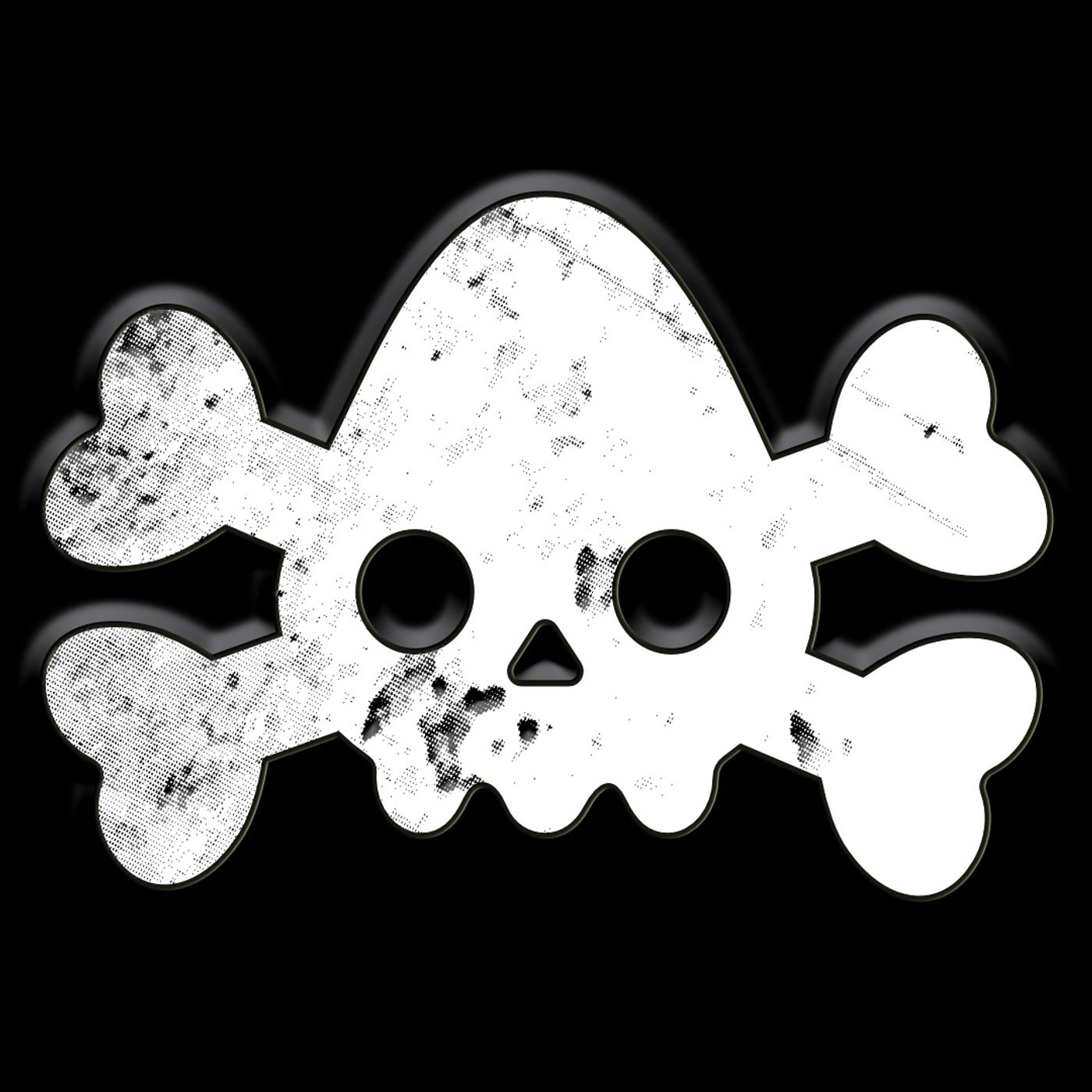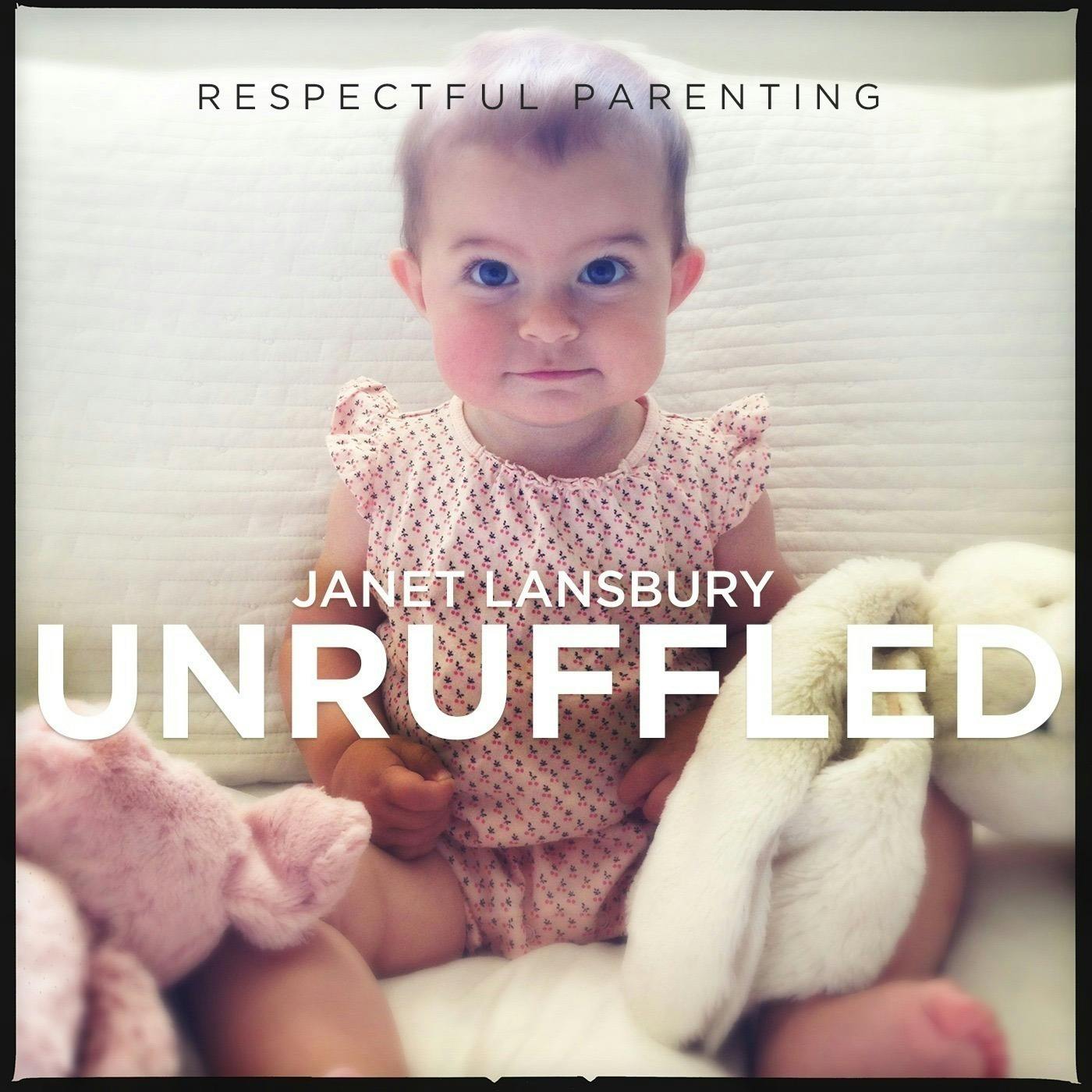
Daily Practice with Benita
I see you.
You know there’s a better way.
You’re done with numbing, escaping, people-pleasing, feeling like you’re missing something.
This podcast is your invitation to come home to your sexy feminine body and radical authenticity — through self-discovery, breath, movement, sweat, and the timeless wisdom of Ayurveda and hormone-smart biohacking.
Yoga, Pilates, and mindful strength training aren’t just practices here — they’re your sacred rituals to awaken your sensuality, radiance, and fierce feminine power.
A good practice is the one you do.
Daily Practice with Benita
Drugs: Beyond Good and Evil
We explore the contradictions surrounding drugs in our society and investigate the physiological, cultural, and spiritual impacts of various substances on our consciousness. From caffeine and alcohol to pharmaceuticals and psychedelics, this episode examines our complex relationships with substances and challenges us to question whether they're bringing healing or escape.
• The word "drug" carries contradictory meanings – dangerous and illegal vs. heavily advertised pharmaceuticals
• The US and New Zealand are the only countries that permit direct-to-consumer pharmaceutical advertising
• We're experiencing a psychedelic renaissance with research showing therapeutic benefits for PTSD, depression, and addiction
• Socially acceptable substances like caffeine and alcohol significantly alter consciousness but are normalized
• Caffeine is the world's most widely used psychoactive drug with similar mechanisms to amphetamines
• Alcohol disrupts REM sleep, increases cortisol, and affects gut health even in moderate amounts
• Examining our intentions with substances – are we seeking healing or numbing?
• Fasting from substances helps establish your baseline and increases sensitivity to their effects
• Drug prohibition has historical connections to social control of marginalized communities
• The molecules themselves have no inherent morality – only intention, impact, and context matter
Please subscribe, like, and share this episode if it might benefit someone you know. Find me on Patreon for insider perks, on X @bsmbird or search Daily Practice With Benita, and on YouTube where I post podcasts on Mondays and short practice videos every Friday. Remember, a good practice is the one you do.
Thanks for tuning in to the show.
If this episode moved you—share it, send it, or speak it out loud. Your voice matters too.
Patreon:
[patreon.com/dailypracticewithbenita]
YouTube:
[youtube.com/@dailypracticewithbenita]
X:
[x.com/bsmbird]
New podcast every Monday.
New video every Friday.
Thank you for being part of this unfolding.
—Benita
you, you, you. Hello everybody, and welcome back to the daily practice with me, benita. Today's episode is about drugs. So we're going to talk about this word that carries so much baggage, so many diverse connotations. But let's not just talk about drugs that are considered bad. I'm talking about caffeine, alcohol, antidepressants, thc and psilocybin. So we're going to look into reasons why people might use them and what are they, on a deep, profound level, doing to our bodies and minds. So we're going to talk about the physiology of substances, the cultural confusion around legality versus morality and the deeper spiritual questions of if these substances bring us healing or an escape. So, before we start, thanks again so much for tuning in and please do subscribe, like and also share this episode if it's something that might be of benefit to a family member or friend. And, of course, stay tuned. Also, every Friday, I'm going to be posting on YouTube a short practice that can help you in your journey to become the best version of yourself.
Speaker 1:So let's start with the definition of drugs. Obviously, this word is loaded with contradictions. We could see this as a kind of a semantic trap. For instance, in the US, the word drug often implies danger, addiction and or illegality, but at the same time, the United States is one of the few countries in the world that permits and heavily advertises pharmaceutical drugs. So you see, on national TV you'll see a ton of different substances being pushed on individuals, and for sure those advertisements also include reference to the side effects or contraindications of those substances. But there is this definite push from the pharmaceutical industry to get as many people on all different kinds of substances. And, in contrast, in Europe in general all pharmaceutical ads are prohibited and there is for sure less of a normalization of chemical intervention when it comes to different whether it's psychological or physiological ailments, even though I would say that still, if you go to a doctor, I know of cases where you don't even actually get access to other kinds of therapy or like conversational or behavioral cognitive therapy, unless you commit to certain period of drug use of SSRIs or other kind of mood stabilizers or other things like that. Really, it bears repeating that the United States and New Zealand are actually the only two countries in the world where direct consumer pharmaceutical advertising is legal world where direct consumer pharmaceutical advertising is legal. So essentially, we've created a system where psychoactive drug use is either pathologized or celebrated, depending on who profits.
Speaker 1:And we can also look at modern music as an example here, music as an example here. So you'll have all these substances referred to regularly in rap songs, including Kanye West explicitly mentioning that the pharmacy is the real trap. So there's a very, very interesting dichotomy. So you have street drug dealers, but then you have the pharmacies that are actually dishing out way more problematic substances in a lot of countries and, interestingly, at the same time, we are in this moment, which is like the new psychedelic renaissance, so there has been a massive resurgence in the use of substances like psilocybin, lsd, ketamine, mdma, ayahuasca, and all these substances are now being studied for PTSD, depression, addiction and also spiritual growth. For PTSD, depression, addiction and also spiritual growth. For instance, there was a 2016 Johns Hopkins study where a single high dose psilocybin session increased openness and emotional well-being for over a year, and MAPS, the Multidisciplinary Association for Psychedelic Studies, released a study in 2021. Or, sorry, it was basically a phase three trial of MDMA assisted therapy that demonstrated a significantly reduced PTSD symptom occurrence in the participants.
Speaker 1:So there's like a massive cultural shift going on. Also, at the same time, we're seeing places like Oregon decriminalizing all drugs. Portugal in Europe is now treating drug use as a health issue, not a criminal one. And also in places like Thailand, over in Asia, you see the legalization of cannabis. So we are really witnessing a moment of cultural pivot from criminalization back to curiosity that was present in the 60s and 70s. So there's this interesting question like okay, now these more and more of these substances are becoming readily available and we can kind of ask ourselves okay, are we open to, to maybe experiment with some of these new avenues or avenues that have reopened recently? Is it to actually access more bandwidth, more life, or to actually close ourselves off and numb the pain and numb the pain? And of course, in parallel we have another kind of how would I say, another phenomenon, which is some of the substances that almost all of us use daily that are actually quite heavy psychoactive substances and are essentially invisible or socially accepted addictions.
Speaker 1:So I'm talking about caffeine, alcohol, nicotine, including antidepressants, and certain anxiety medications. And certain anxiety medications all of these are normalized and they're allowed to exist in some kind of high functioning person's life, but it's not necessarily recognized how much they actually alter our consciousness. So for caffeine, it is definitely, almost without a doubt, the world's most widely used psychoactive drug. It does increase dopamine and adenosine receptor blockade, which is similar to other stimulants such as amphetamines and cocaine. And physical dependence to caffeine is a real thing and it includes withdrawal symptoms like headache, fatigue and anxiety. And me personally, I use caffeine daily but like yeah, I've had to admit I've been addicted to it. It's not just a nice morning ritual, but I've developed a psychological and physiological addiction and that's something I really need to keep tabs on by taking regular breaks.
Speaker 1:Also, alcohol, especially in Northern Europe, where I come from, it, is culturally encouraged and it's almost like you need to have an explanation or kind of an excuse not to drink. It's seen as a social glue in a lot of western cultures, like you have a drink at a party or you have a drink with dinner or you have a drink for a celebration. But really ethanol is one of the most potent central nervous system depressants, and even moderate drinking has major effects on health, including sleep architecture, gut health and mood regulation, as well as absorption of minerals. And this is also so important when a lot of people are actually struggling with sleep or proper rest and recovery that even just one drink of alcohol will disrupt REM sleep and increase cortisol, meaning stress levels the next day, and even though a lot of the times it might be fun and enjoyable to go out drinking or have that some kind of euphoria from alcohol, it, without a doubt, long term use lower serotonin and dopamine, which in turn increase feelings of anxiety and depression. I think there can be a beautiful middle path there with alcohol maybe one, two drinks a month, something like that, where your body is not so burdened by it but you don't like have to deny every single pleasure in your life, and sometimes it can be really enjoyable to have a cocktail or something like this.
Speaker 1:So, part next part, we're going to talk about why we actually use some of these substances. Are we using them for numbing or for healing? So this is something that is really valuable to examine. Why are you taking alcohol? Why are you smoking weed? Why are you, whatever it is, pick your poison? Is it for numbing or enhancing joy is in with? Is it for coping with stress or trauma or actually deepening some kind of spiritual connection? Because we can. You know, too much of anything becomes poison.
Speaker 1:So even if some molecule, whatever, might bring you closer to coherence, closer to alignment, if you start relying on that to access those states, then it probably starts to become more of an addiction or escapism. And this is very much true about cannabis, which has been widely legalized and it's becoming more and more socially acceptable again, because THC does affect the endocannabinoid system, mood regulation, sleep and memory. So, as a result, chronic high THC use can lead to cannabinoid hypermesis syndrome, amotivation and dependency. So there's like, yeah, this ganja, the herb, can be a portal or can allow us to connect to a different part of ourselves, ask different questions and become more in tune with certain states that are not available maybe, or not as easily available, just you know, in normal states. Available, just you know, in normal states.
Speaker 1:But it's really, really important to bear in mind that, even though it's probably in some ways safer and more benign than like heavy drinking, that heavy cannabis use, especially in adolescence, is linked to changes in brain volume and reduced cognitive flexibility. And I think in, yeah, in general, I think that smoking weed can be you know it, just some people it really works, but for other people it might not be the thing and it can actually also trigger, um, psychotic episodes. So that's really important to make a informed choice on like is it serving you right now? Maybe there will be a period when it does and other times it won't. So, as such, like I said, like there's so many different and, as such, like I said, there's so many different substances that we're surrounded by and sometimes we don't even know what's working and what's not, and what's holding us back and what's helping us move forward. So I found that a really great tool is fasting Fasting from food, from physical food, food, but also of any substances.
Speaker 1:So taking a break, taking a water fast, taking extended period of time without any substances and just checking what your actual baseline is and then slowly introducing you know, one at a time, whether it's just supplements or actual psychoactive substances, and you kind of become more sensitive also to the subtle changes that these different foods or substances have on your body, mind and spirit. So really to understand any substances effect on your consciousness, you need a baseline and that's yeah, I would really strongly recommend fasting from anything that alters the nervous system, whether it's green tea, magnesium or cocaine or tobacco. Just taking a break just to see how you feel and then actually also getting far more insight and also far more uh, you become far more sensitive. So if you've been abusing something, you'll know, because it'll be hard to quit. But then you'll also, if you want to see if it actually still benefits, you re reintroduce it, and in a much, much smaller quantity. So it's a win-win. And yeah, there's so many good reasons to fast, but this is one of them does also modulate the brain axis and increases the brain-derived neurotrophic factor, the BDNF, which will help you improve clarity and mood.
Speaker 1:So yeah, and what I was also going to talk about here is how did we come to have such judgment on these different psychoactive substances? How did it become criminal or immoral to experiment on different substances? So I recently read a book called Psychonauts by Mike Jay, and he outlines in the book how 19th century scientists used all different kinds of substances to explore consciousness Nitrous oxide, mescaline, cocaine and other things, hashish they were all tools for psychological insight. But there was like this slow shift to a culture where drugs became scapegoats for societal control, especially in marginalized communities, especially in marginalized communities. So really, like, the immorality or illegality of drugs isn't just about health, it's about power. And in what groups is it allowed to alter your consciousness and who gets punished for it? And this is interesting that especially during Nixon's era, the war on drugs, disproportionately targeted black and Latino communities. And there was also a time where MKUltra, a program by the CIA, was experimenting with LSD on civilians without them knowing, while it was becoming criminal for public use.
Speaker 1:Huge dichotomy or divide in, like what's being allowed and how, how the government entities use these substances. And then there's, of course, big pharma with their massive lobbies. So there is no obvious answer to whether these substances are societal good or bad and whether what should be controlled and what should be punished. There's yeah, there's a lot of you know open questions regarding this. So there's like, essentially, in all these molecules there's no morality. There's only intention, impact and context.
Speaker 1:So there are some questions you can ask yourself. Are you in the right relationship with this substance? Are you taking it out of curiosity, out of even hedonism, or are you doing it to block out something or escape or numb, and ask yourself can I stop if I want to, and do you want to? And it's really important to realize that you don't need to be a straight edge, sober or high on anything, but you just need to be honest with yourself what are you doing and is it serving you at this moment? So just some food for thought today.
Speaker 1:Thanks so much for tuning in. Let me know if there is any part of this podcast that you would like to hear more about. Don't be a stranger. You can also find me on Patreon and sign up there to get more insider perks and find your people. I can also be found on X Daily Practice with Benita, likewise on YouTube, where I will be posting these podcasts on Mondays and short practice videos every Friday and short practice videos every Friday. And, like always, please do subscribe and share, and any podcast platform you're listening on, please do leave a review. That will help massively. And, of course, as always, remember, remember a good practice is the one you do. Thank you.
Podcasts we love
Check out these other fine podcasts recommended by us, not an algorithm.

Tin Foil Hat With Sam Tripoli
Sam Tripoli
Born To Know
Eyla Cuenca
